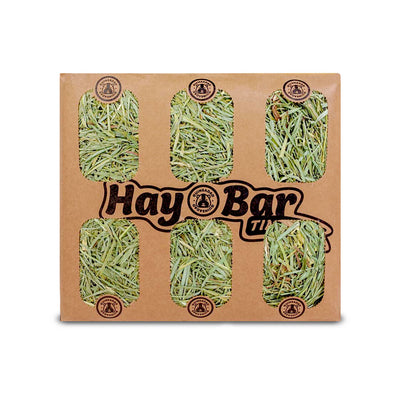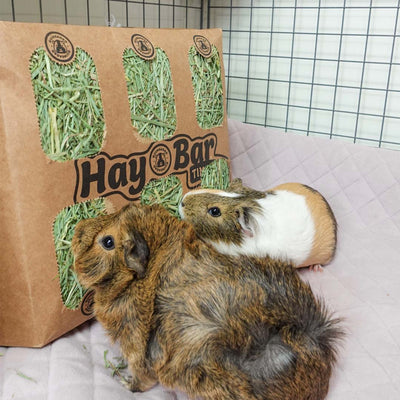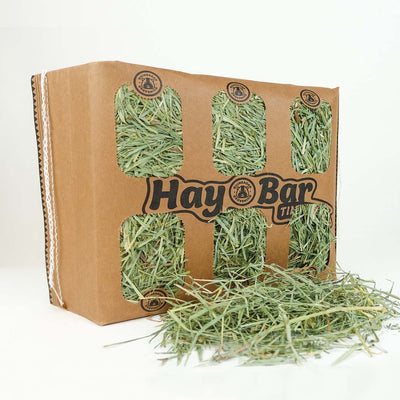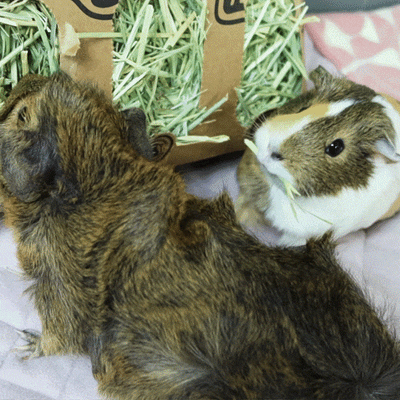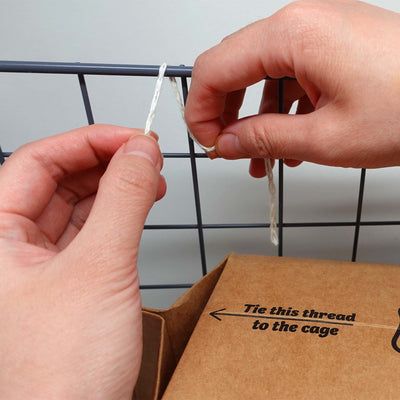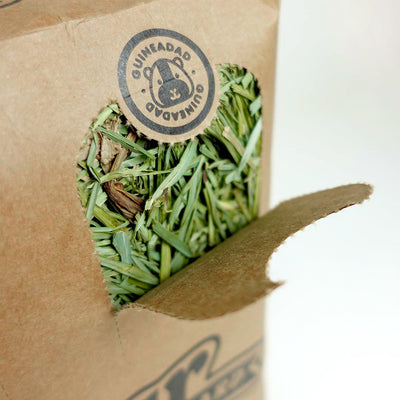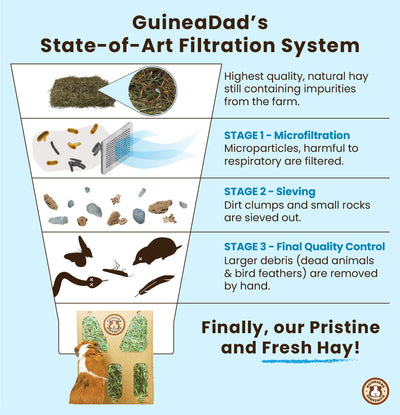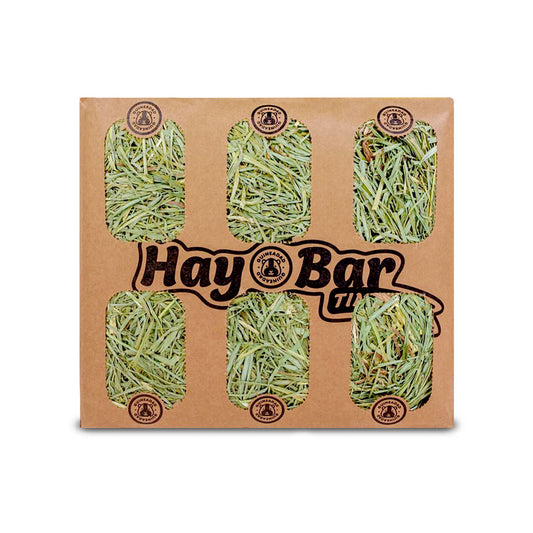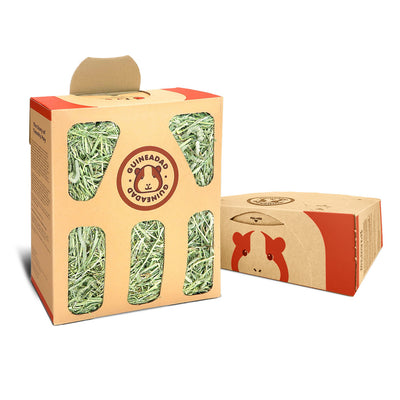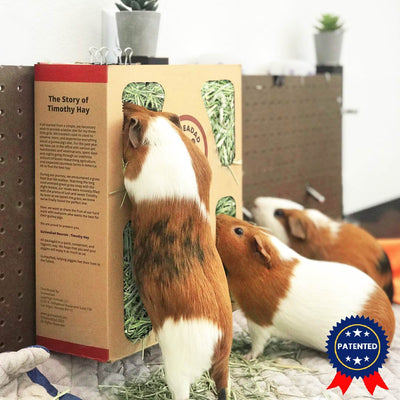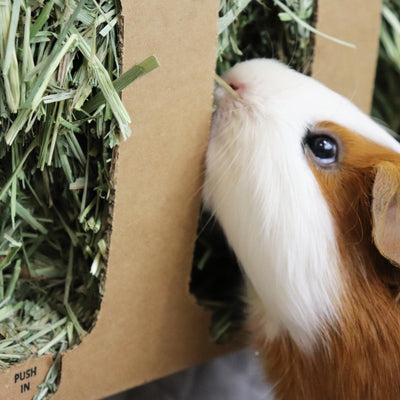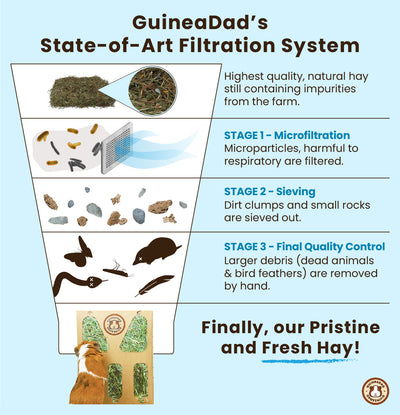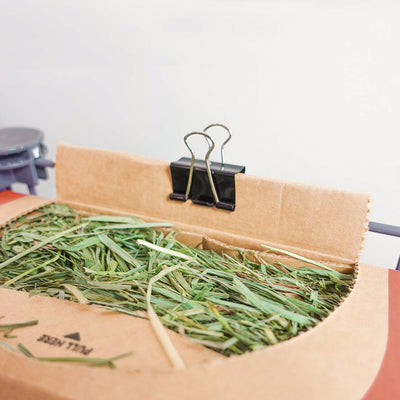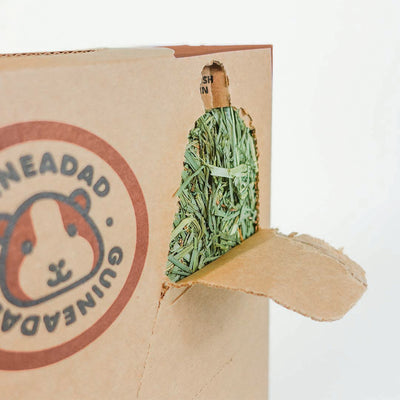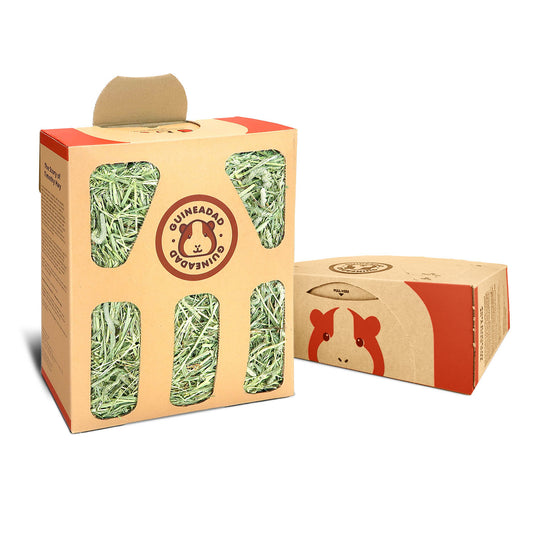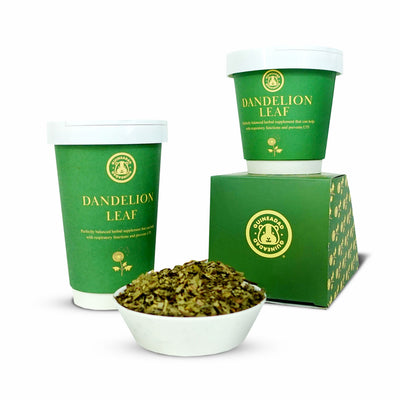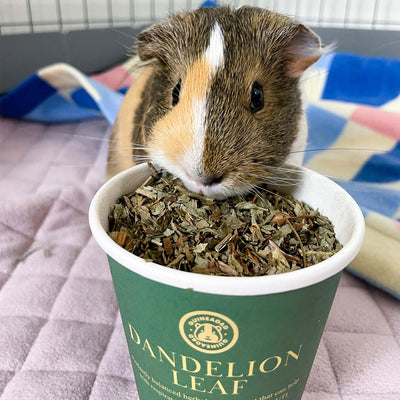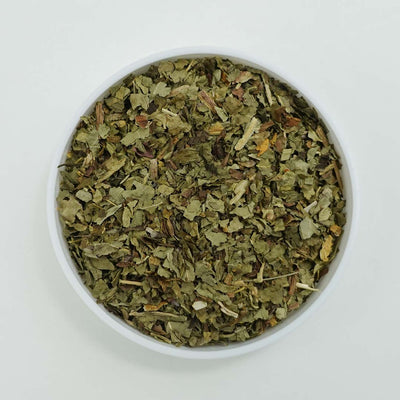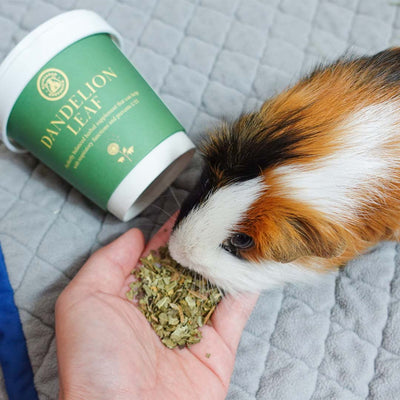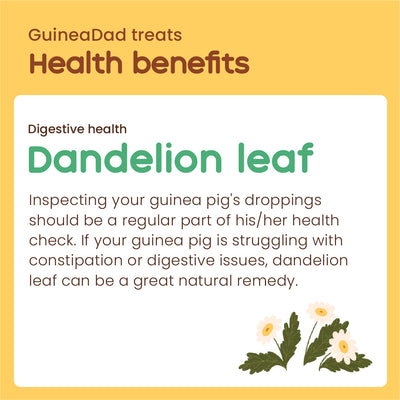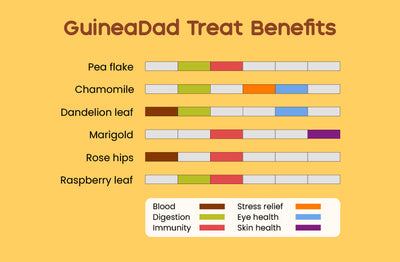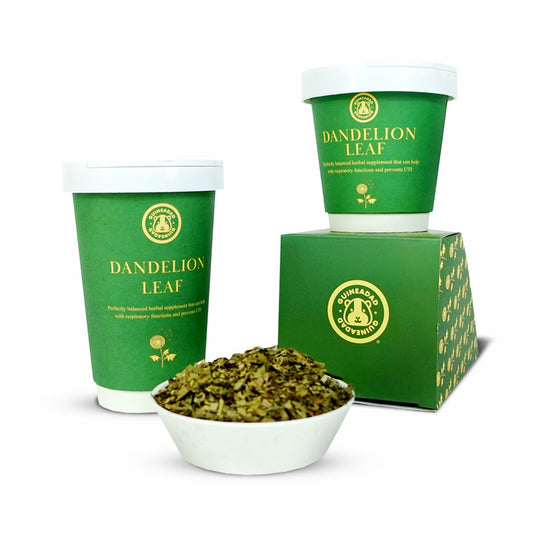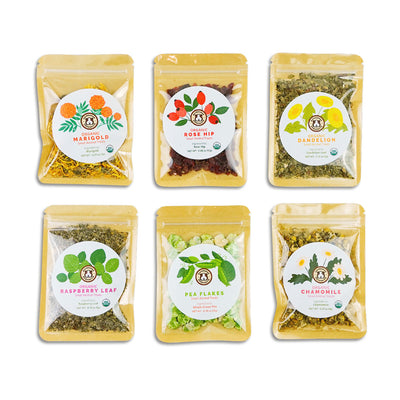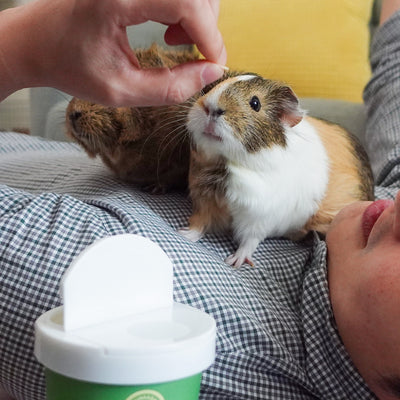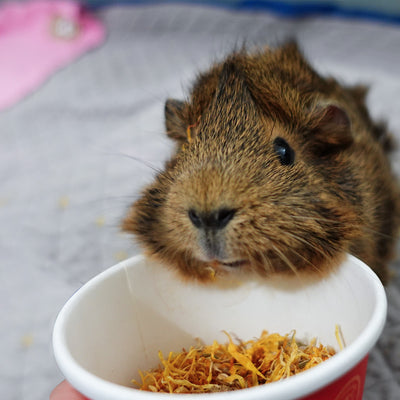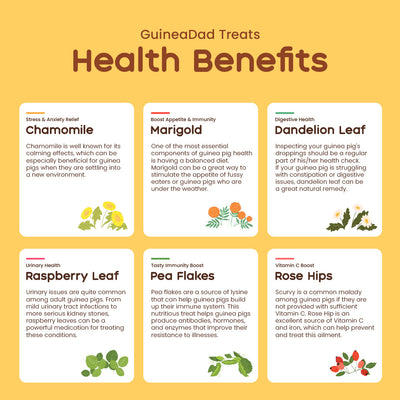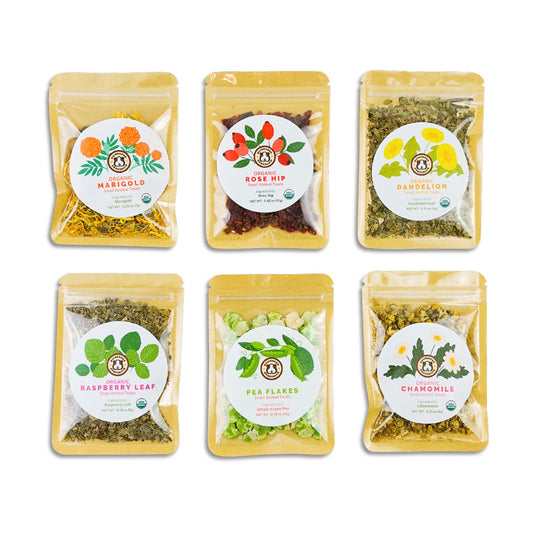Key Takeaways
- Guinea Pigs Can Eat Carrots in Moderation: Carrots are safe for guinea pigs but should be given as occasional treats due to their sugar content.
- Nutritional Benefits: Carrots provide essential nutrients like vitamin A, beneficial for guinea pigs' health.
- Serving Suggestions: Offer small carrot pieces 1-2 times a week to prevent overconsumption of sugars.
- Balanced Diet Importance: Maintain a diet rich in hay, fresh vegetables, and pellets, using carrots as supplementary treats.
The quick and easy answer? Yes, guinea pigs can have carrots. But just like any other food item, we want to make sure that we do our research on the effects it can have on our piggies and what the proper way to introduce them into their diets is.
Just like any other animal, guinea pigs can become obese and even develop diabetes if they overconsume certain foods. Carrots are one of these foods that guinea pig owners need to be careful about including. We've also got a Vegetable Master List that lists common veggies that your piggy can and can't eat!
What vitamins and other nutrients do carrots contain?
Vitamin A
Guinea pigs need plenty of Vitamin A in their diets, but it can be difficult for their bodies to process it efficiently enough for their needs. They need to get Vitamin A from various sources in their diet in order to meet their requirements.
This is why a variety of vegetables is important—different types of produce can fill in any gaps that other veggies leave, and it ensures that your guinea pig is getting everything that they need from their food! Vitamin A is important for maintaining eyesight in guinea pigs, as well as aids the immune system by boosting it alongside vitamin C.
Vitamin C
Guinea pigs can be prone to scurvy from Vitamin C deficiency, so it’s important that they consume enough of it to prevent this! Not only is scurvy likely if guinea pigs are vitamin C deficient, but the lack of vitamin C can weaken their immune system and put them at risk for infection.
Because their body will already be weak from the infections, it will be difficult for them to recover as well. Initial infections can also cause secondary infections, which will strain their body even more. Thankfully, carrots can be a good source of it. There is 3.6 mg of Vitamin C in 100 g of carrots, and guinea pigs should have about 10-50 mg of Vitamin C daily.
Vitamin K
While carrots contain plenty of Vitamin K, guinea pigs are actually rarely in need of it because of how many of the other foods in their diets contain it! We wouldn’t worry too much about this one, but it’s still important to keep in mind the benefits!
Vitamin K is important for a guinea pig’s blood to be able to properly clot. If your guinea pig suffers from an injury or wound that bleeds, it’s important to make sure the blood clotting can set the foundation for their body to be able to recover and heal that injury.
Calcium
Carrots contain a ton of calcium, so it’s important to be careful about the amount of carrots you let your guinea pig consume. Keep in mind that both regular carrots and baby carrots contain a 0.6:1 ratio of calcium and phosphorus in a 100 gram portion. Calcium is important for guinea pig bone strength, as well as bone formation and maintenance.
We want to make sure that your guinea pigs’ bones are strong enough for them to do all the running around and zoomies they want, without injuring themselves due to weak bones. Different guinea pigs will need more or less calcium than others, depending on a myriad of factors. For example, elderly guinea pigs need more calcium in order to maintain the strength of their bones as they age and get older.

What other benefits do carrots provide for your piggy?
Carrots are another one of those vegetables that are rich in water, which helps with keeping your guinea pig hydrated! Regular water will obviously be the main source of hydration, but it can be helpful to supplement that with the water your piggy gets from their food.
Carrots are also rich in antioxidants and fiber. The high fiber content of carrots immensely helps your guinea pig’s digestive system by preventing constipation and diarrhea.
What are the downsides about carrots for guinea pigs?
Unfortunately, even with all the vitamins that carrots would provide your guinea pig, there are also some negatives to feeding them too much of it.
Carrots have a high sugar content, which isn’t good for your guinea pig because they increase the risk of obesity and diabetes. The sugar can also be a cause of tooth decay, which can be hard to treat. They also are high in calcium-rich oxalates, which can cause the formation of bladder stones that can lead to urinary tract issues.
In order to see whether you need to reduce the amount of any food high in oxalates, you should check your piggy’s urine! If you see a large or increased amount of calcium deposits, it’s time to cut back. Calcium deposits look like small, white granules.
The overconsumption of carrots can also lead to the development of allergies to pollen. You can identify the allergy in their appearance and their behavior—the over-worrying of their mouth, or the irritated redness of both their nose and mouth. If you notice these symptoms, make sure to talk to your veterinarian to see what steps you should take to treat your piggy!
Guinea pigs can eat carrots, but do they like it?
Despite the listed downsides of overfeeding them to your guinea pig, they do like carrots! In fact, they especially love the carrot tops.

How should you go about feeding your guinea pig carrots?
Like we mentioned, guinea pigs love the carrot tops! However, if you’re choosing to feed them to your guinea pig, make sure the amount isn’t more than the amount of the rest of the carrot. The ideal calcium to phosphorus ratio is 1.33.
To figure out whether your guinea pig’s diet has a good Ca:P ratio, some simple math is required. Make sure you’re doing this math based on equal quantities of all the veggies you plan on feeding your guinea pig. For this example, let’s use 40 grams.
For carrots, there is a 0.6:1 of Ca:P ratio. We’ll pretend we’re also going to feed them some kale (2.4:1), cucumber (0.7:1), and red bell pepper (0.5:1). Add up the total amount of calcium between all the foods (4.2) and then divide it by the number of foods (4). The number for that calculation is 1.05. Then add up the total amount of phosphorus (4) and divide up by the number of foods (4). The number for that calculation is 1. The Ca:P ratio for this pretend-meal is 1.05:1, which is pretty good!
Remember, guinea pigs need about a cup of fresh fruits and veggies to supplement their regular diet of hay and pellets, and should be getting their nutrition from a diverse diet! 40 grams of carrots per day can be a good place to start, depending on the Ca:P ratio of the other foods. That would equate to a little less than half your average sized carrot.
The amount of fruits and veggies you feed your piggy can be determined by doing this calculation, and adjustments can be made once you’ve examined their urine.

Overall, it is OK to feed your guinea pigs carrots!
But just like any other foods that you choose to add to their diet, it’s important to introduce them gradually after doing your careful research. A happy and healthy guinea pig starts with a well-researched diet!
What else can guinea pigs eat?
Check out our Vegetable Master List for an extensive list of vegetables for guinea pigs!









